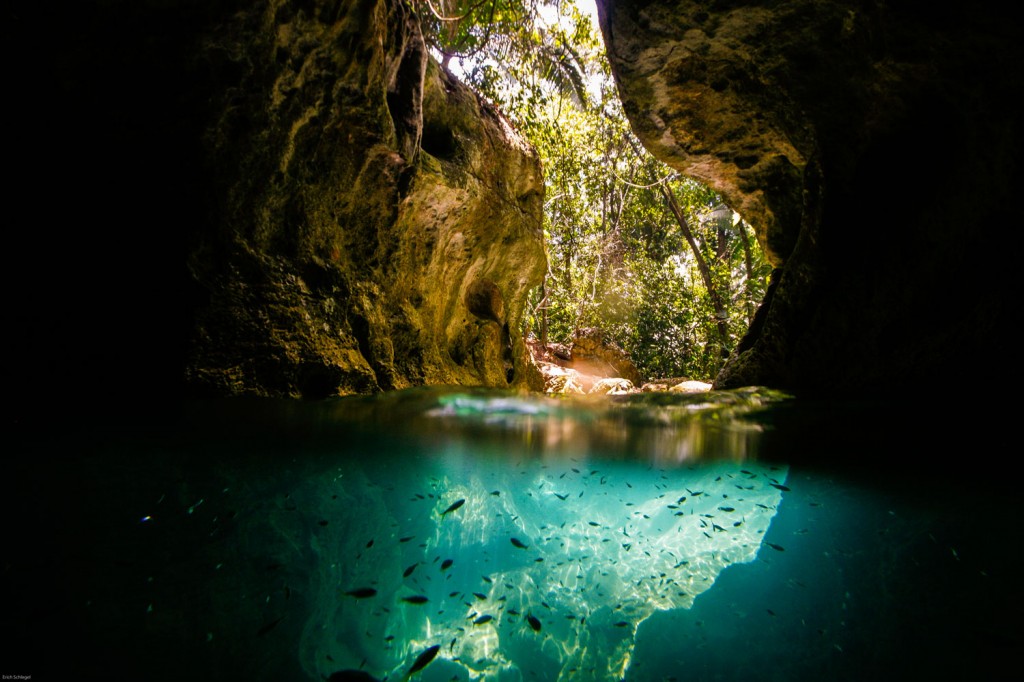Belize Eco-Systems
Ecosystems are intricate networks of living organisms (biotic components) interacting with their physical environment (abiotic components) in a specific area. These interactions give rise to complex relationships and processes that sustain life and regulate the environment. Here’s a comprehensive overview of ecosystems:
- Types of Ecosystems:
- Terrestrial Ecosystems: Found on land and include forests, grasslands, deserts, tundra, and wetlands.
- Aquatic Ecosystems: Found in water bodies and include freshwater ecosystems (such as lakes, rivers, and wetlands) and marine ecosystems (such as oceans, coral reefs, and estuaries).
- Components of Ecosystems:
- Biotic Components: Living organisms within an ecosystem, including plants, animals, fungi, and microorganisms.
- Abiotic Components: Non-living factors that influence the ecosystem, including sunlight, temperature, water, soil, air, and nutrients.
- Ecological Interactions:
- Predation: Interaction where one organism (predator) hunts and consumes another organism (prey) for food.
- Competition: Struggle between organisms for limited resources such as food, water, and space.
- Mutualism: Symbiotic relationship where both organisms benefit.
- Commensalism: Symbiotic relationship where one organism benefits and the other is neither helped nor harmed.
- Parasitism: Symbiotic relationship where one organism (parasite) benefits at the expense of another organism (host).
- Ecological Processes:
- Energy Flow: Transfer of energy through the ecosystem via food chains and food webs.
- Nutrient Cycling: Cycling of essential nutrients (such as carbon, nitrogen, and phosphorus) between living organisms and the environment.
- Photosynthesis: Process by which green plants and some other organisms convert light energy into chemical energy to produce food (glucose) from carbon dioxide and water.
- Ecological Services:
- Provisioning Services: Products obtained from ecosystems (e.g., food, water, timber).
- Regulating Services: Processes that regulate environmental conditions (e.g., climate regulation, water purification).
- Supporting Services: Services necessary for the production of all other ecosystem services (e.g., nutrient cycling, soil formation).
- Cultural Services: Non-material benefits obtained from ecosystems (e.g., recreation, spiritual and aesthetic values).
Understanding ecosystems is crucial for environmental conservation, sustainable resource management, and maintaining biodiversity and ecosystem services essential for human well-being.



